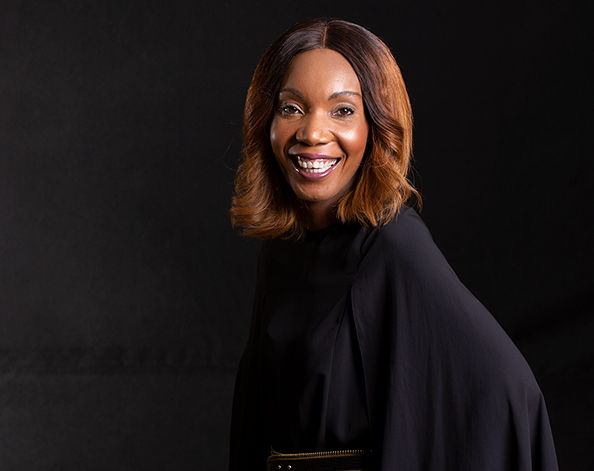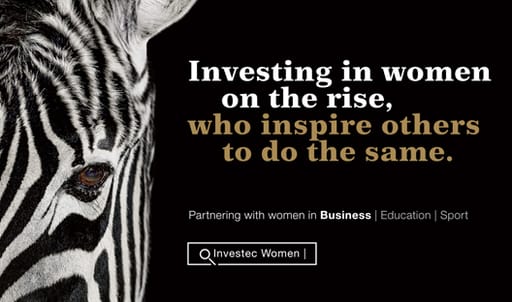6 leadership lessons from inspiring women
08 March 2019
Investec's women leaders share their advice to other women on the rise.
7 min read
B.Sc ENG (Chemical Engineering) (UCT); MBA (UCT)
2016
Equity Analyst - Resources, Deputy Head of Research, Investec Corporates & Institutions
Prior to joining Investec as a resource analyst for the mining sector in 2016, Nkateko worked as a chemical engineer at Impala Platinum for eight years – the last six of which she managed a nickel plant operation. As a black female chemical engineer in the mining industry, she’s broken down the stereotypes of who can succeed in this sector – as well as showing the way for other women to do the same.
I am an equity analyst covering the mining stocks for both the external and internal clients. I currently have full coverage of the Platinum Group Metals (PGM) sector and initiating coverage of the South African diversified mining stocks. In my new role as deputy head of research, I will be working on developing the business strategy and providing leadership support to the research team.
I must highlight that [former minerals and energy minister] Phumzile Mlambo-Ngcuka did a lot in terms of advancing transformation in SA mining. She started an MSc degree programme that my previous employer (De Beers Consolidated Mines) enrolled me in, aimed at empowering and capacitating women in mining to occupy key roles in the sector.
The mining industry is tough, and I’ve had to dig deeper. I became a manager at a very young age, and although it’s male-dominated, I think most of my struggles were mainly due to age rather than gender – I was telling people who are old enough to be my father what to do. On the flipside, I was fortunate enough to get a lot of support from men along the way when it came to advancing my career and this is still is the case.

At the beginning, and even now, I wasn’t chasing money – I was chasing experience.
When I was promoted to plant manager at Implats, I had only been with the company for just over a year. The plant I had to manage was the “problem child”, frequently bottlenecking the entire process. I had very little experience but my chemical engineering degree and the “women in mining” MSc degree.
The refinery manager was desperate for change and decided to venture into unchartered territory and try me out. I had nothing to lose and no reputation to protect, so I thought I’d take the chance. It’s interesting that it was a man who decided, “Forget the gender, forget the age, let’s take a chance on this one.” And it worked out.
I’m from a small village in Limpopo, which remains my reference point and reminds me of how far I have travelled. Growing up, it was my father who always assured me that I was good enough. So while there were kids around me who were probably smarter than me, they didn’t have anyone saying, “You’re going to university, you’re going to be a success.” I also believe life is larger than just me, there may be a few younger people who look up to me and I owe it to them to always bring my A-game.
Trust that if you put the right building blocks first, the dots will connect and everything else will fall into place.
He was very progressive. I’m the second born and have an older brother. Right from the beginning, whenever we needed to make decisions as a family, it would be the three of us – my dad, my brother and I. My dad always gave me a seat at the table to join in family discussions. That’s why when I got to a point where my world was male-dominated, I took my seat at the table because that had always been my reality.
Steve Jobs said, “Do your work, and hope that later on, the dots will connect.” I’ve worked in remote areas, I’ve worked in Messina, Kimberley and Springs, and today I can tap into all that experience. At the beginning, and even now, I wasn’t chasing money – I was chasing experience. So my biggest advice is to chase that experience. Trust that if you put the right building blocks first, the dots will connect and everything else will fall into place.
